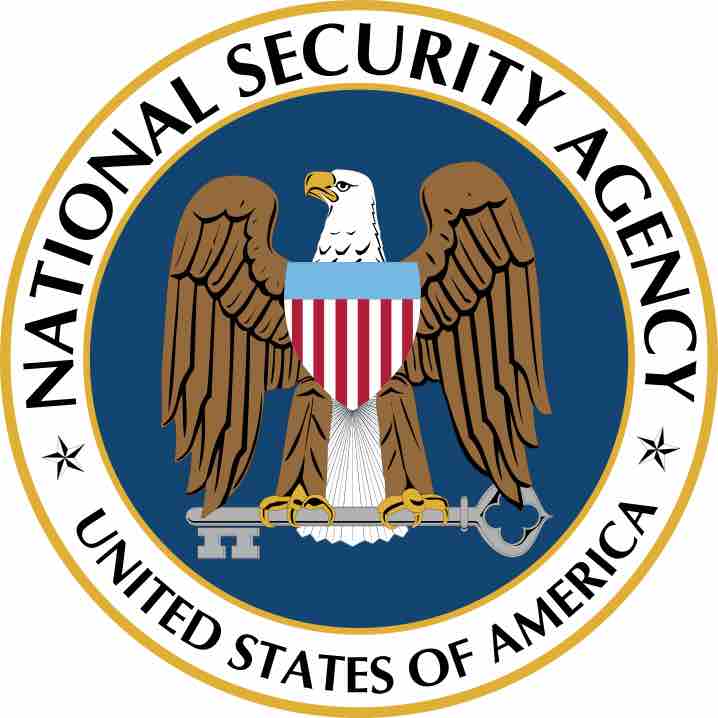Background
The NSA warrantless surveillance controversy concerns surveillance of persons within the United States during the collection of foreign intelligence by the U.S. National Security Agency (NSA) as part of the war on terror. Under this program, referred to by the Bush administration as the terrorist surveillance program, part of the broader President's Surveillance Program, the NSA was authorized by executive order to monitor, without search warrants, the phone calls, Internet activity (web, email, etc.), text messaging, and other communication involving any party believed by the NSA to be outside the U.S., even if the other end of the communication lies within the U.S. Critics, however, claimed that it was an attempt to silence critics of the Bush administration and their handling of several hot button issues during its tenure. Under public pressure, the Bush administration ceased the warrantless wiretapping program in January 2007 and returned review of surveillance to the FISA court. Subsequently, in 2008 Congress passed the FISA (Foreign Intelligence Surveillance Act) Amendments Act of 2008, which relaxed some of the original FISA court requirements.

National Security Agency
The seal of the U.S. National Security Agency. The first use was in September 1966, replacing an older seal which was used briefly.
During the Obama Administration, the NSA has officially continued operating under the new FISA guidelines. However, in April 2009, officials at the United States Department of Justice acknowledged that the NSA had engaged in over-collection of domestic communications in excess of the FISA court's authority, but claimed that the acts were unintentional and had since been rectified.
NSA Warrantless Surveillance Controversy
All wiretapping of American citizens by the National Security Agency requires a warrant from a three-judge court set up under the Foreign Intelligence Surveillance Act. After the 9/11 attacks, Congress passed the Patriot Act, which granted the President broad powers to fight a war against terrorism. The George W. Bush administration used these powers to bypass the FISA court and directed the NSA to spy directly on al-Qaeda in a new NSA electronic surveillance program. Reports at the time indicate that an "apparently accidental" "glitch" resulted in the interception of communications that were purely domestic in nature. This action was challenged by a number of groups, including Congress, as unconstitutional.
The exact scope of the program is not known, but the NSA is, or was, given total and unsupervised access to all fiber-optic communications going between some of the nation's major telecommunication companies' major interconnect locations, including phone conversations, email, web browsing, and corporate private network traffic. Critics said that such "domestic" intercepts required FISA authorization under the Foreign Intelligence Surveillance Act. The Bush administration maintained that the authorized intercepts were not domestic but rather foreign intelligence integral to the conduct of war. Additionally, they claimed that the warrant requirements of FISA were implicitly superseded by the subsequent passage of the Authorization for Use of Military Force Against Terrorists (AUMF). FISA makes it illegal to intentionally engage in electronic surveillance under appearance of an official act, or to disclose or use information obtained by electronic surveillance under appearance of an official act knowing that it was not authorized by statute. This is punishable with a fine of up to $10,000 or up to five years in prison, or both. In addition, the Wiretap Act prohibits any person from illegally intercepting, disclosing, using, or divulging phone calls or electronic communications; this is punishable with a fine or up to five years in prison, or both.
Constitutional Law Issues
The constitutional debate surrounding executive authorization of warrantless surveillance is principally about separation of powers (checks and balances). If, as discussed above, no fair reading of FISA can be found in satisfaction of the canon of avoidance, these issues will have to be decided at the appellate level, by United States courts of appeals. It should be noted that in such a separation of powers dispute, the burden of proof is placed upon the Congress to establish its supremacy in the matter: the Executive branch enjoys the presumption of authority until an Appellate Court rules against it.
Domestic vs. Foreign Intelligence
The administration holds that an exception to the normal warrant requirements exists when the purpose of the surveillance is to prevent an attack from a foreign threat. Such an exception has been upheld at the Circuit Court level when the target was a foreign agent residing abroad, a foreign agent residing in the U.S., and a U.S. citizen abroad. The warrantless exception was struck down when both the target and the threat were deemed domestic. The legality of targeting Americans acting as agents of a foreign power and residing in this country has not been addressed by the U.S. Supreme Court, but has occurred at least once, in the case of Aldrich Ames.